38 Best Alcohol and Drug Rehabs in San Diego, CA 2025
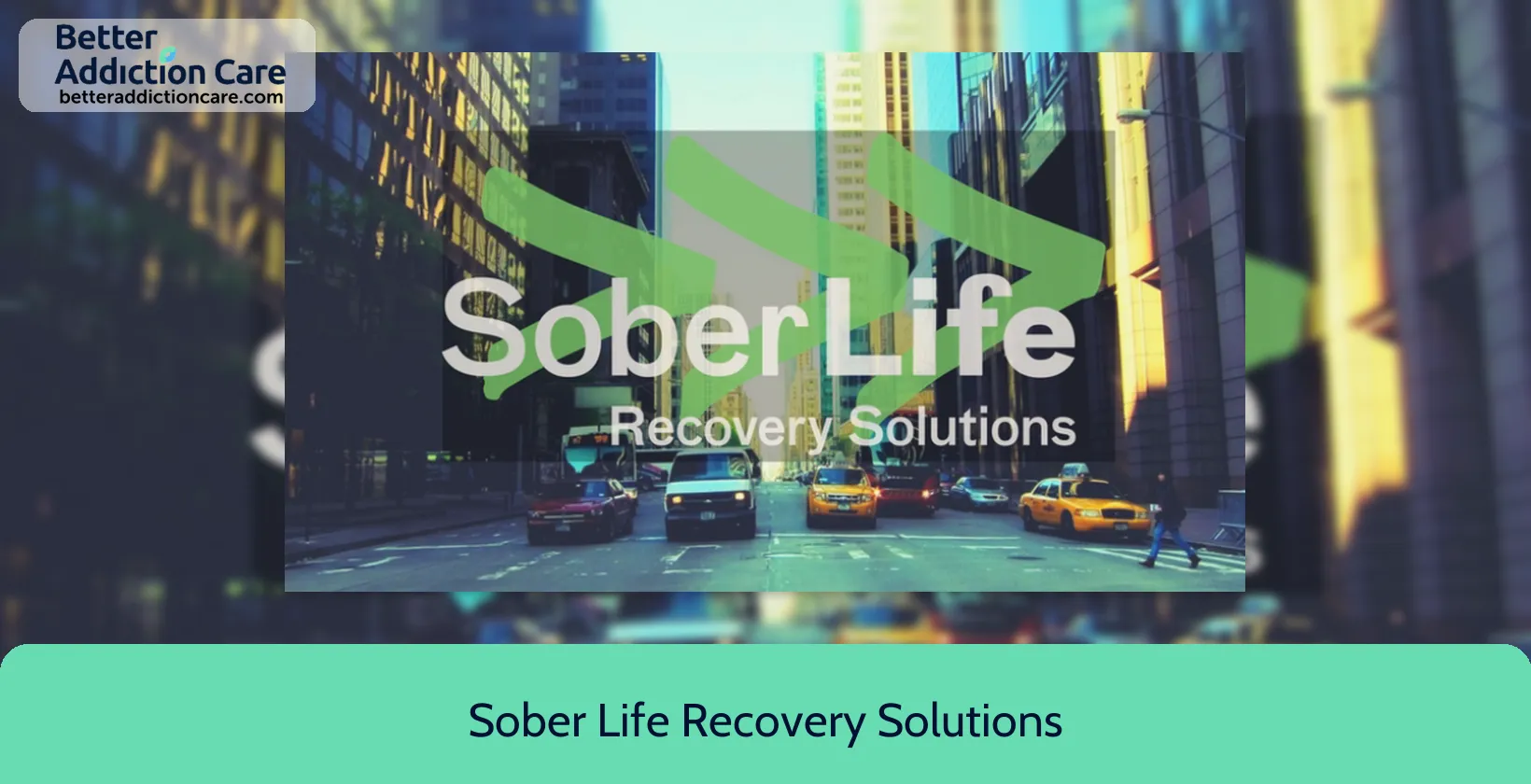
7.23
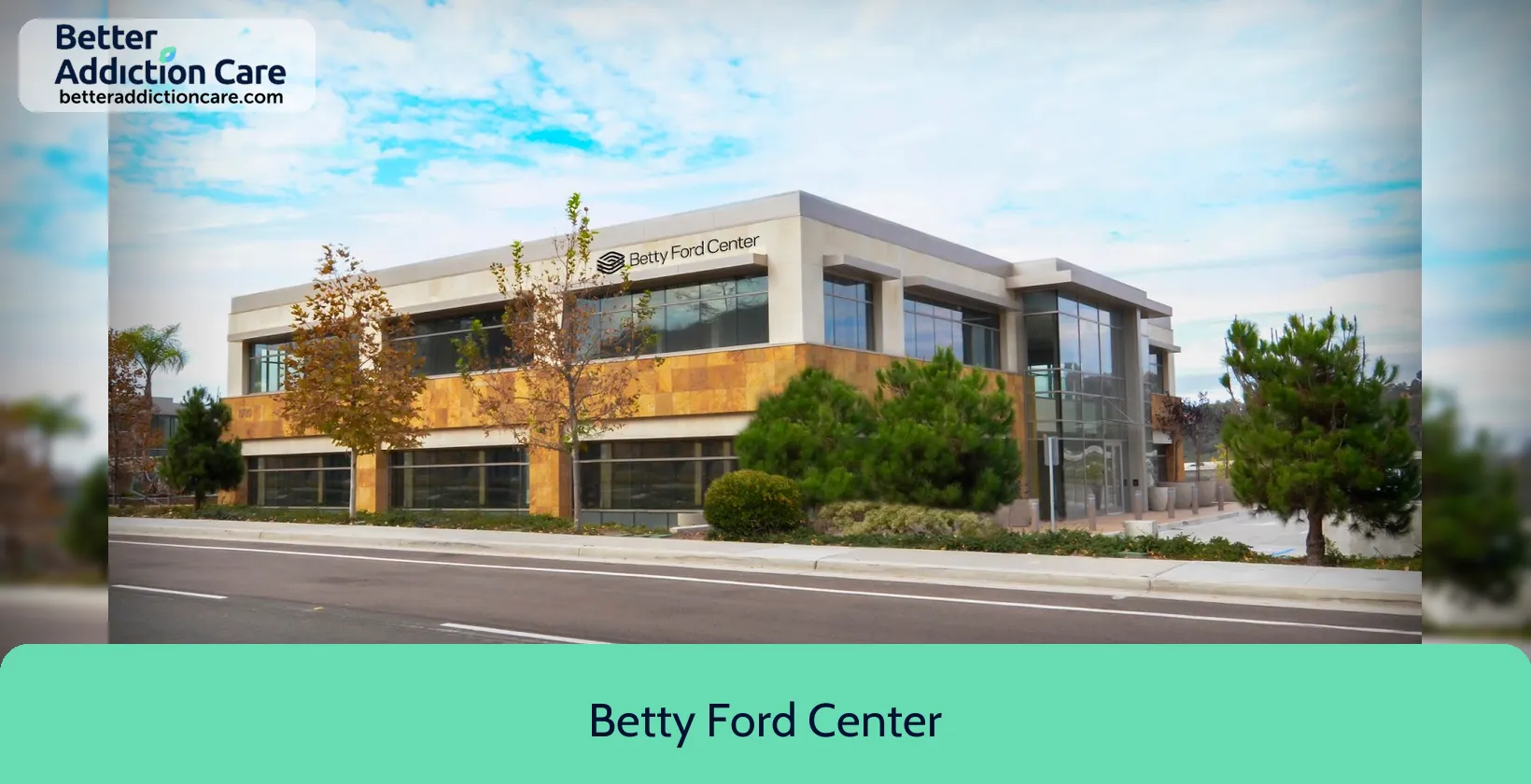
6.72
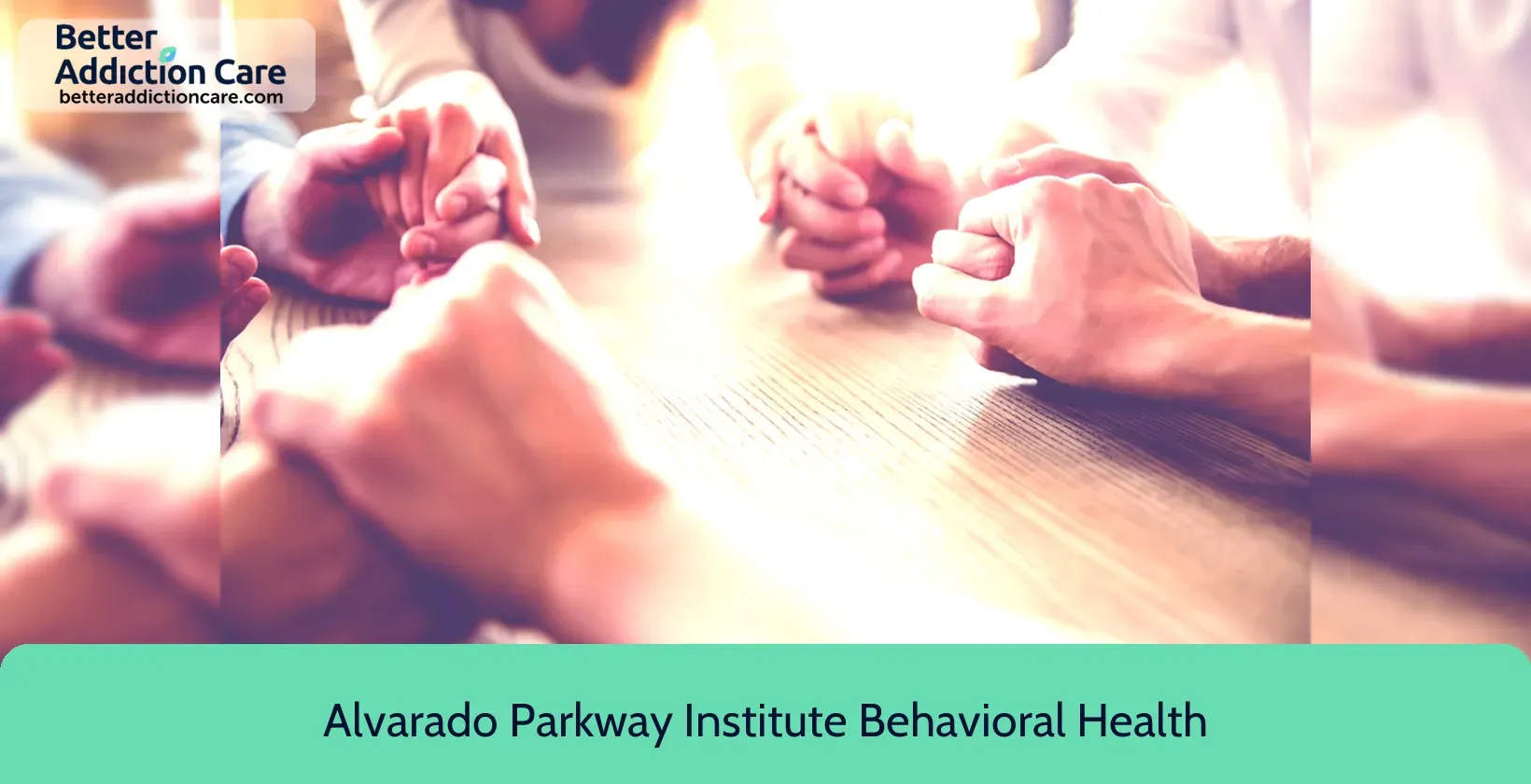
6.74
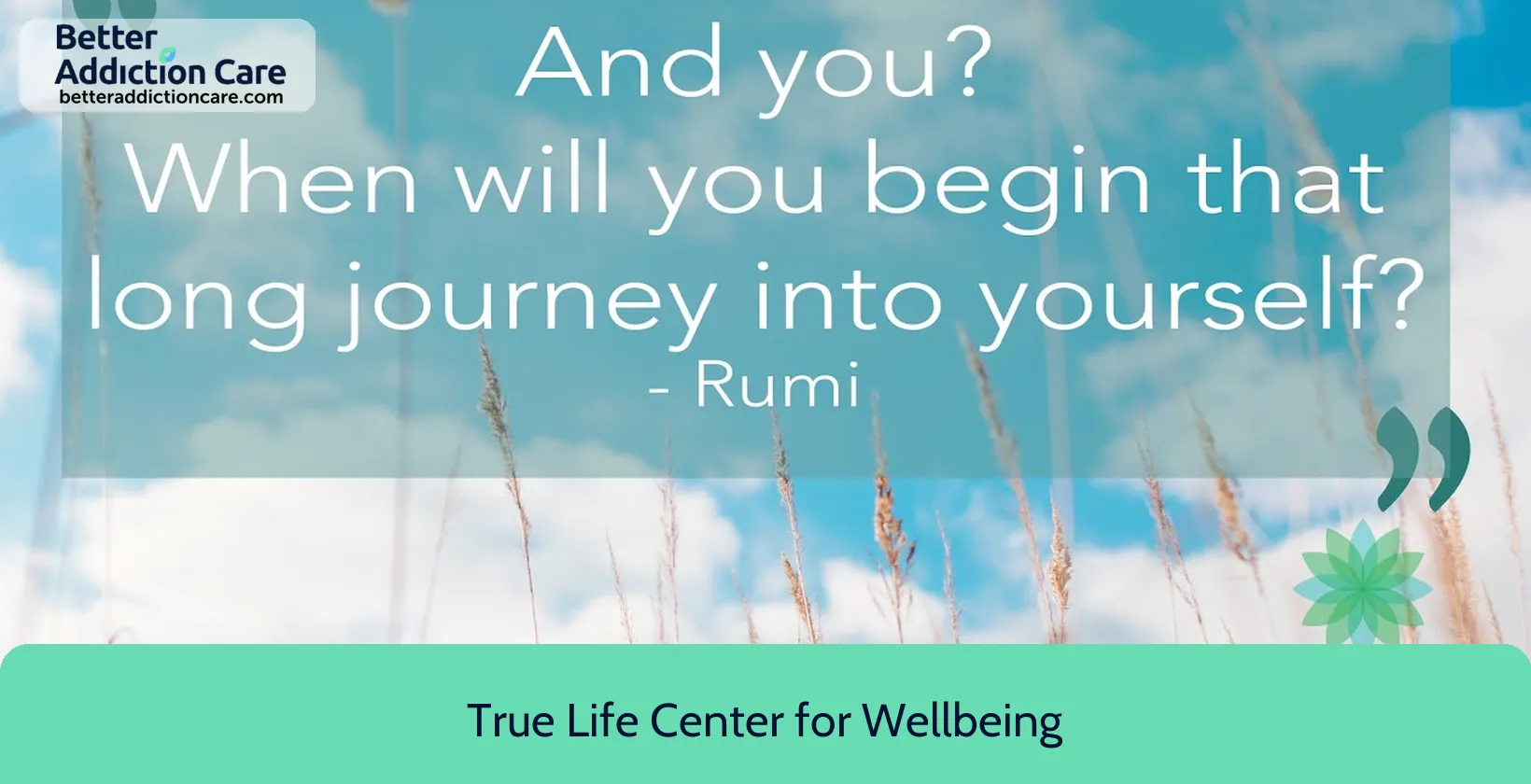
6.77
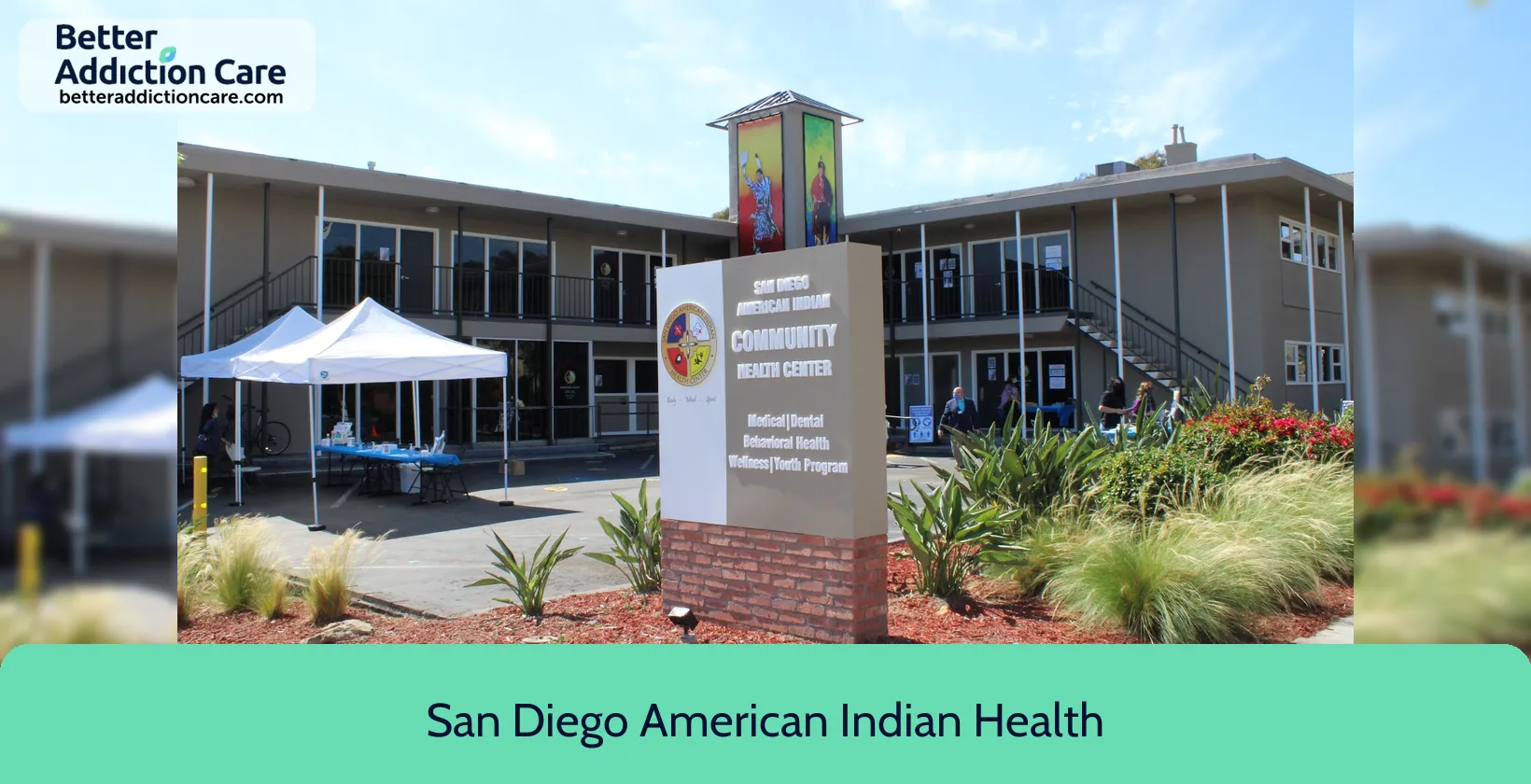
6.59
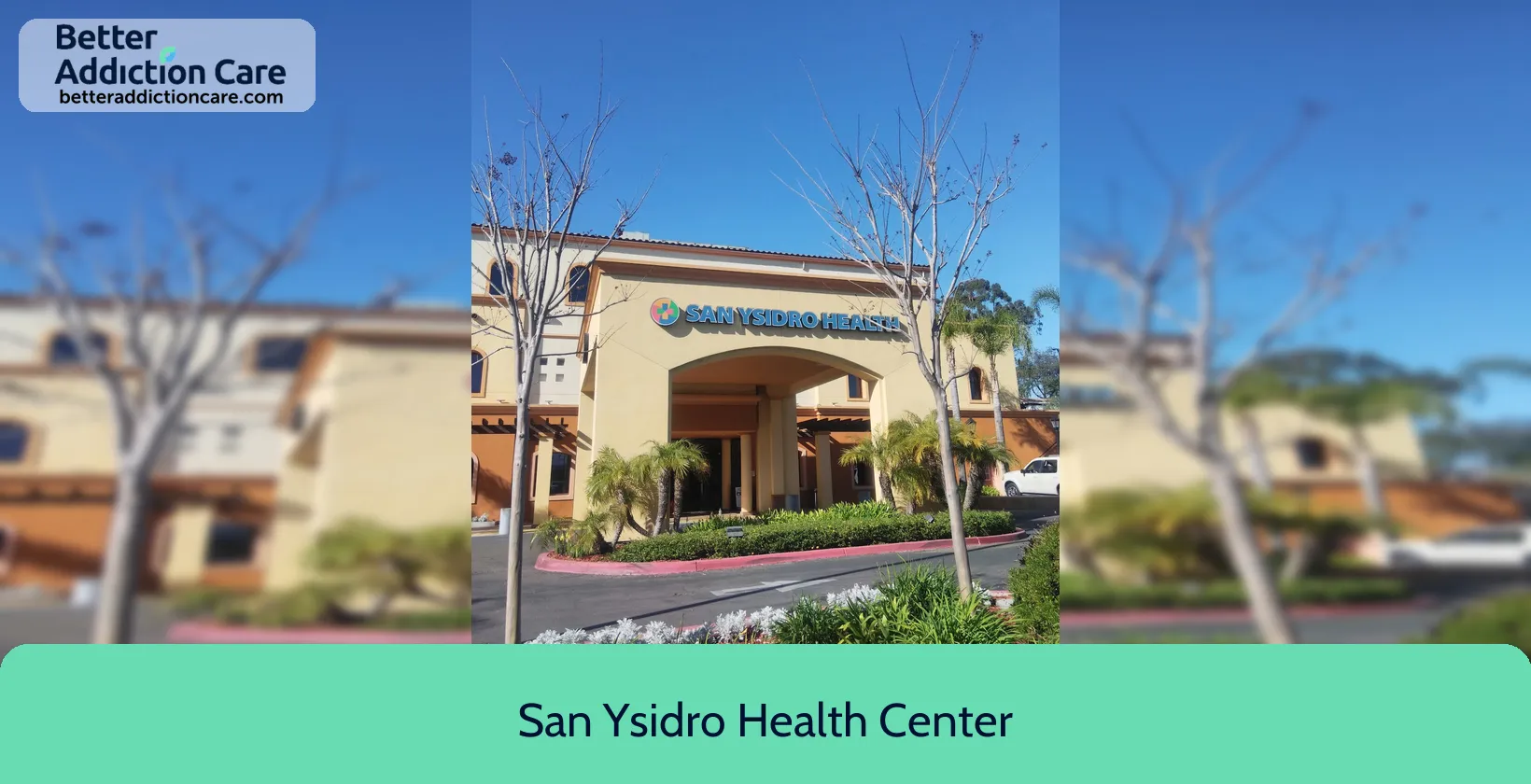
6.74
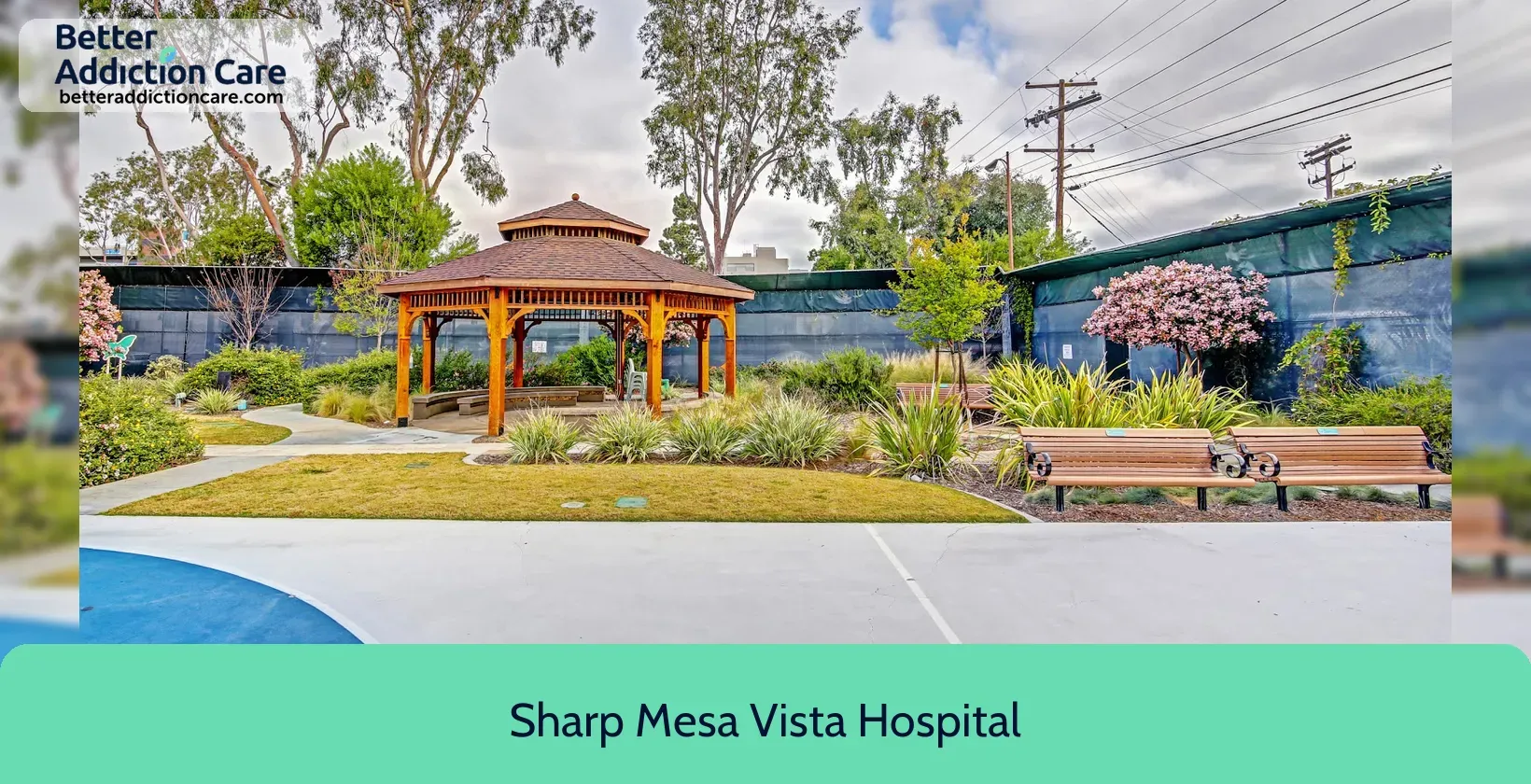
6.80
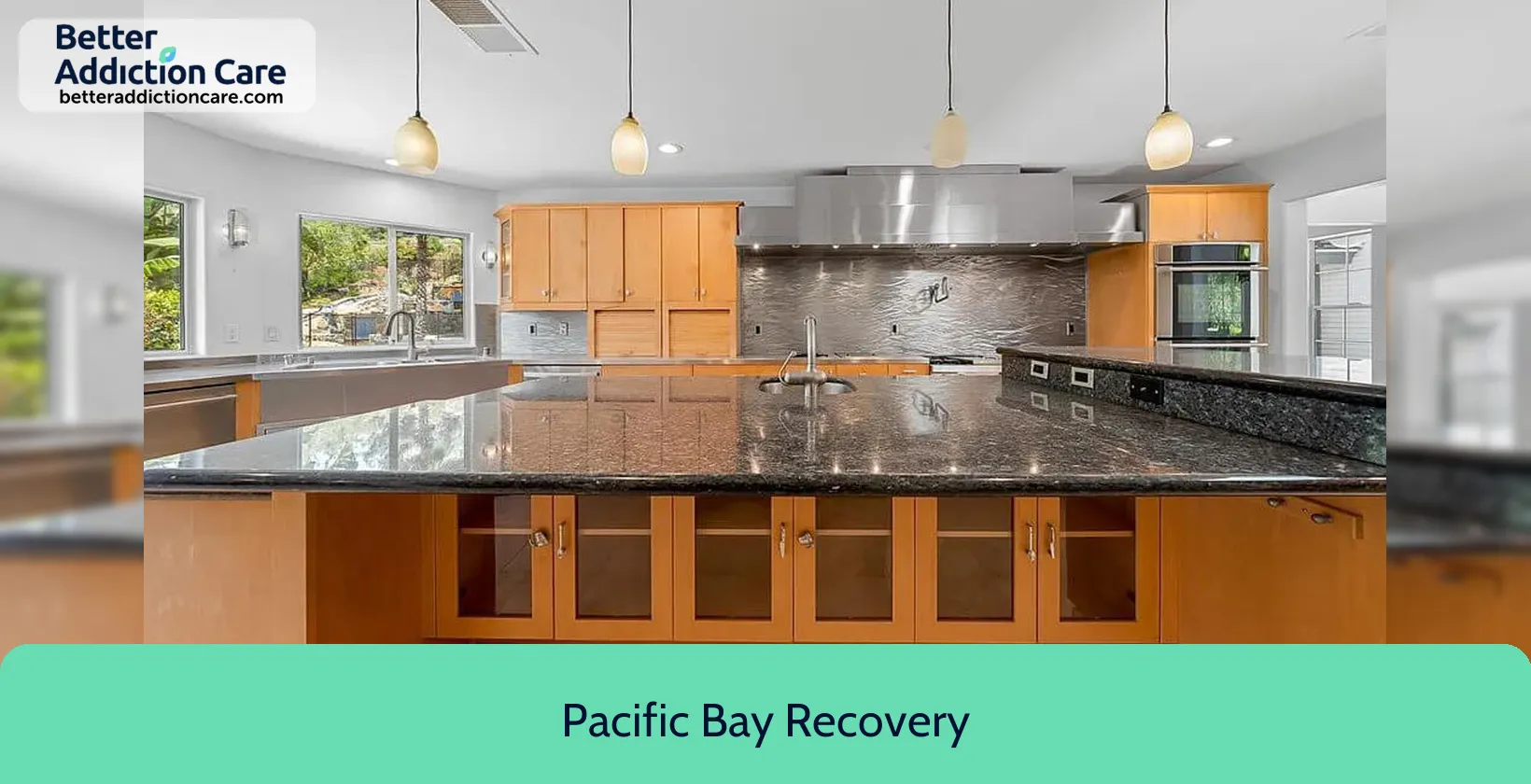
6.68
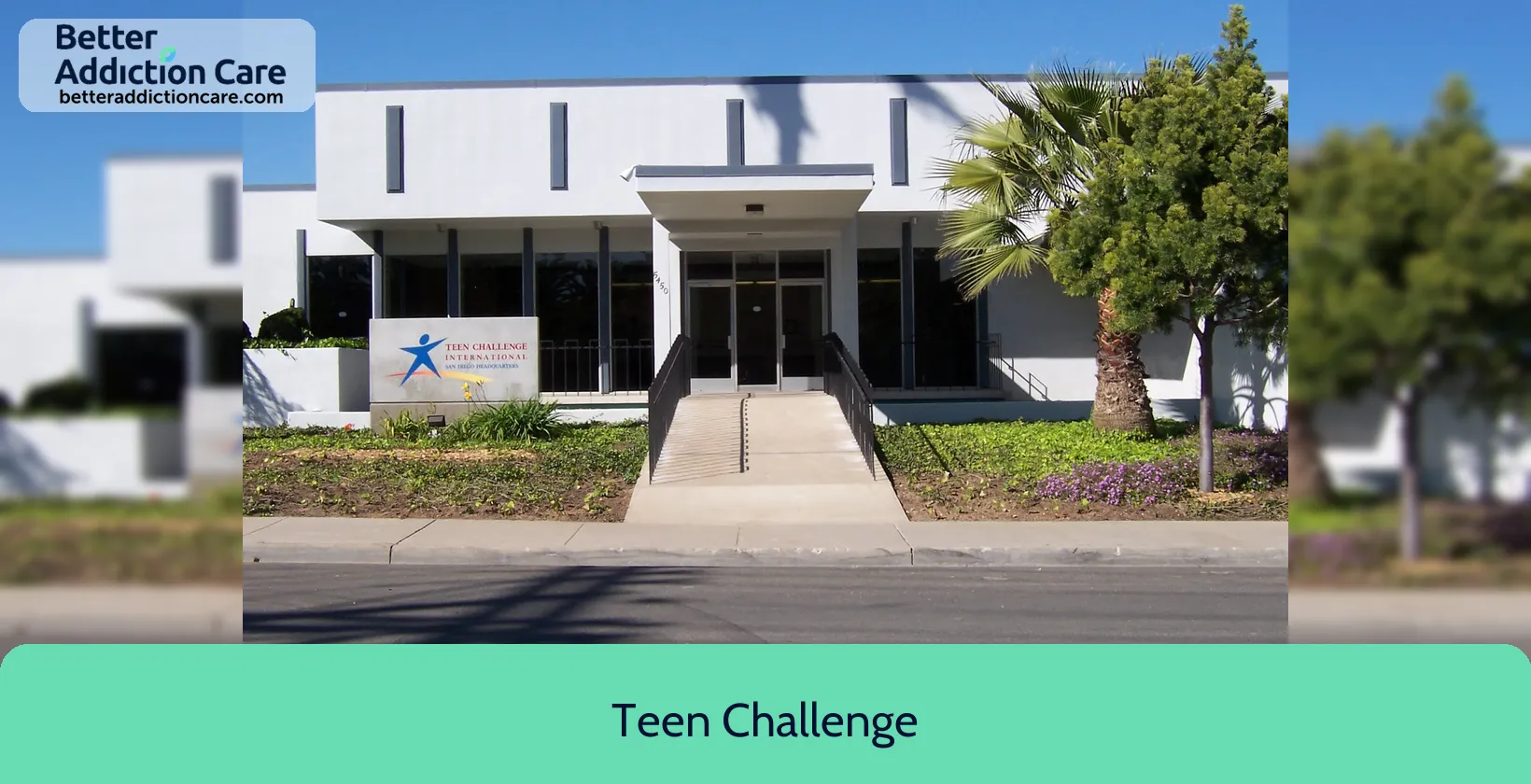
6.65
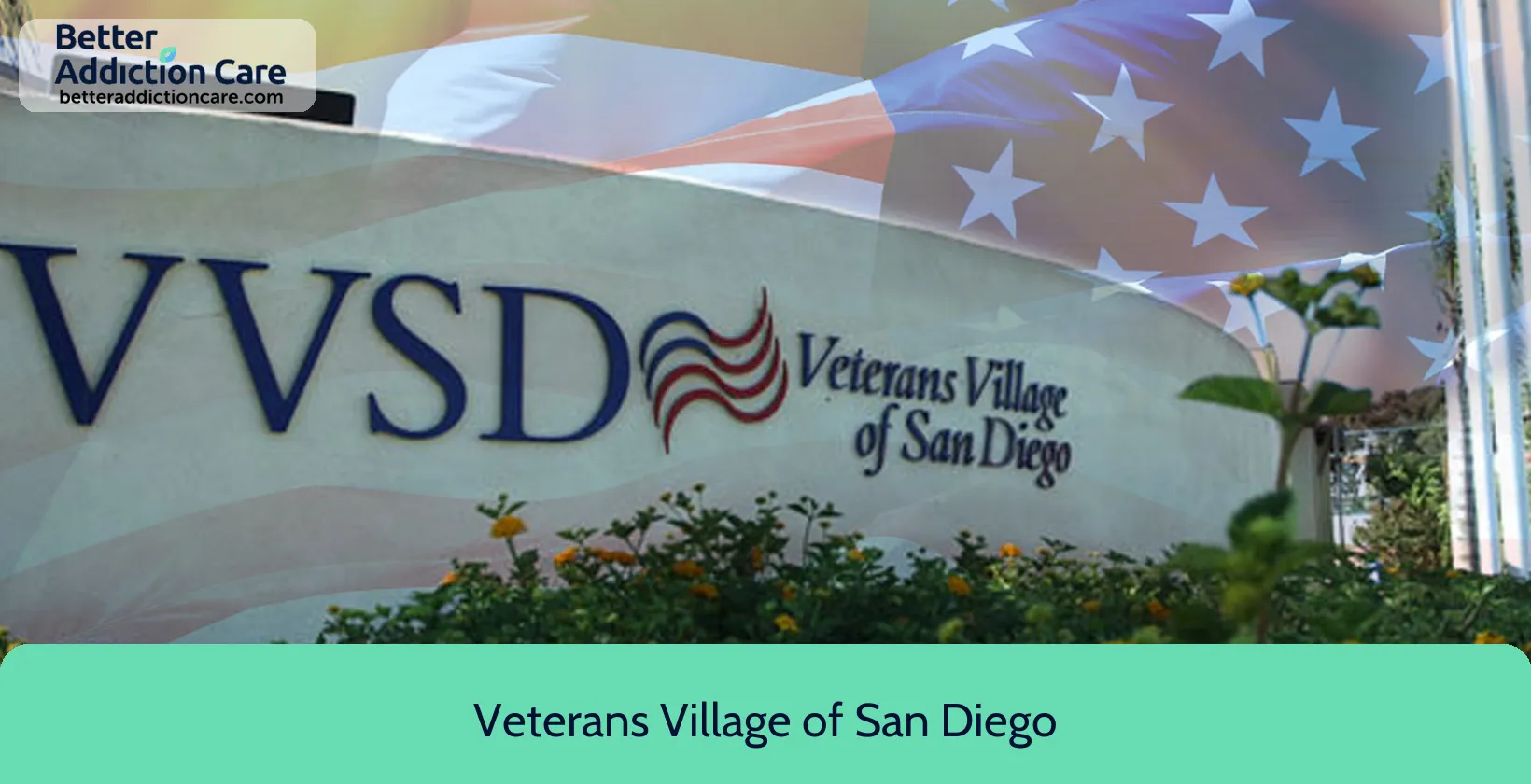
6.83
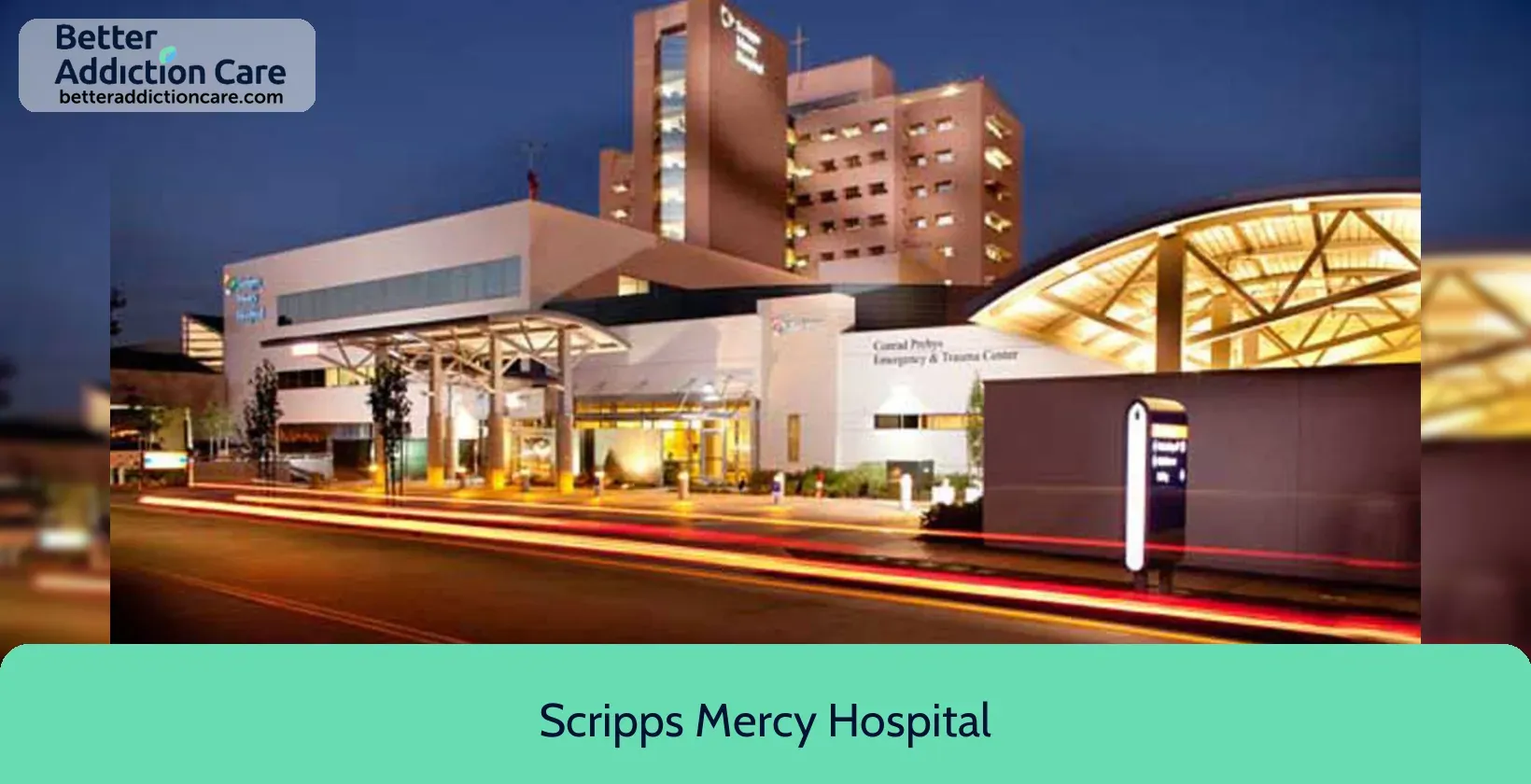
6.77
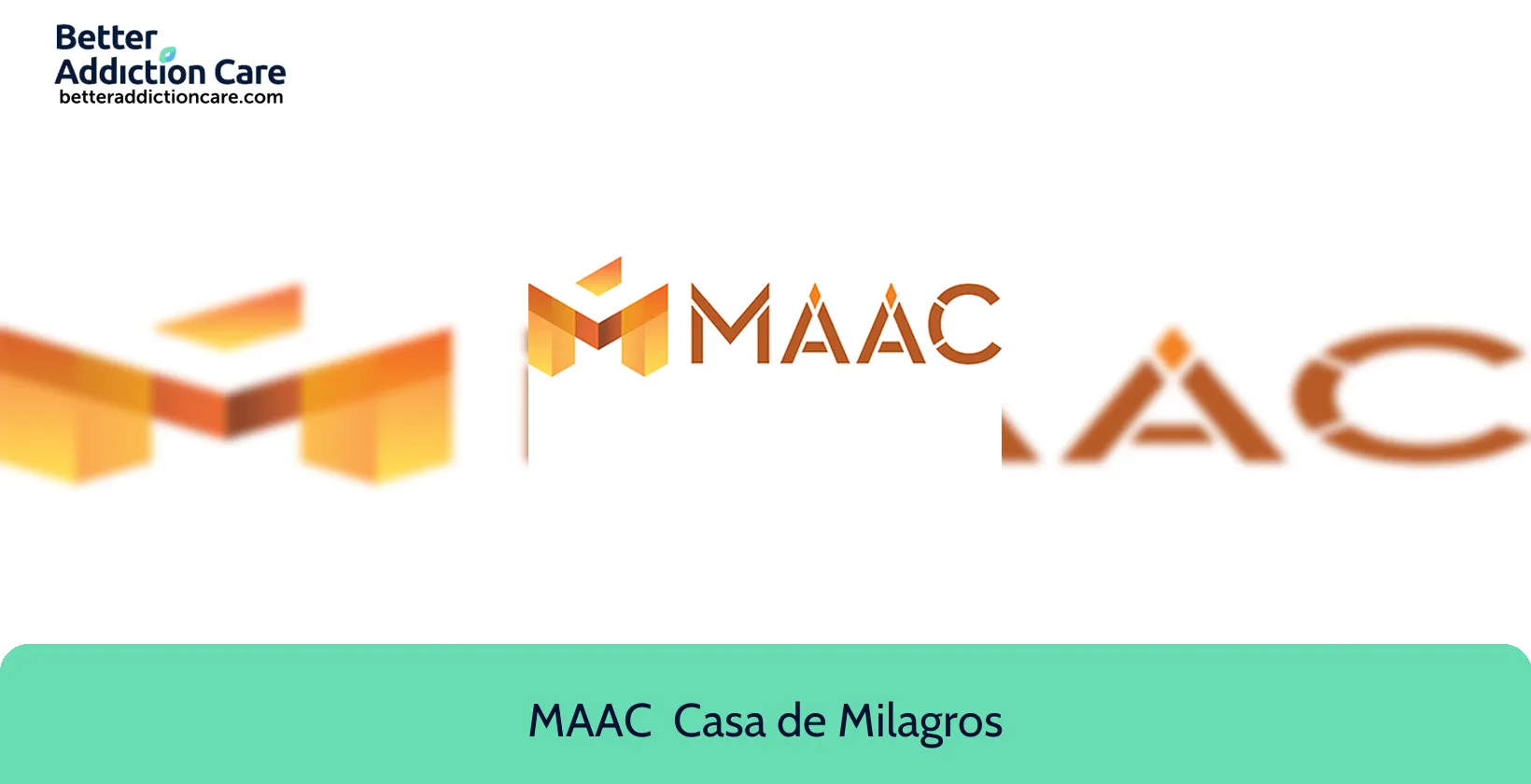
6.59
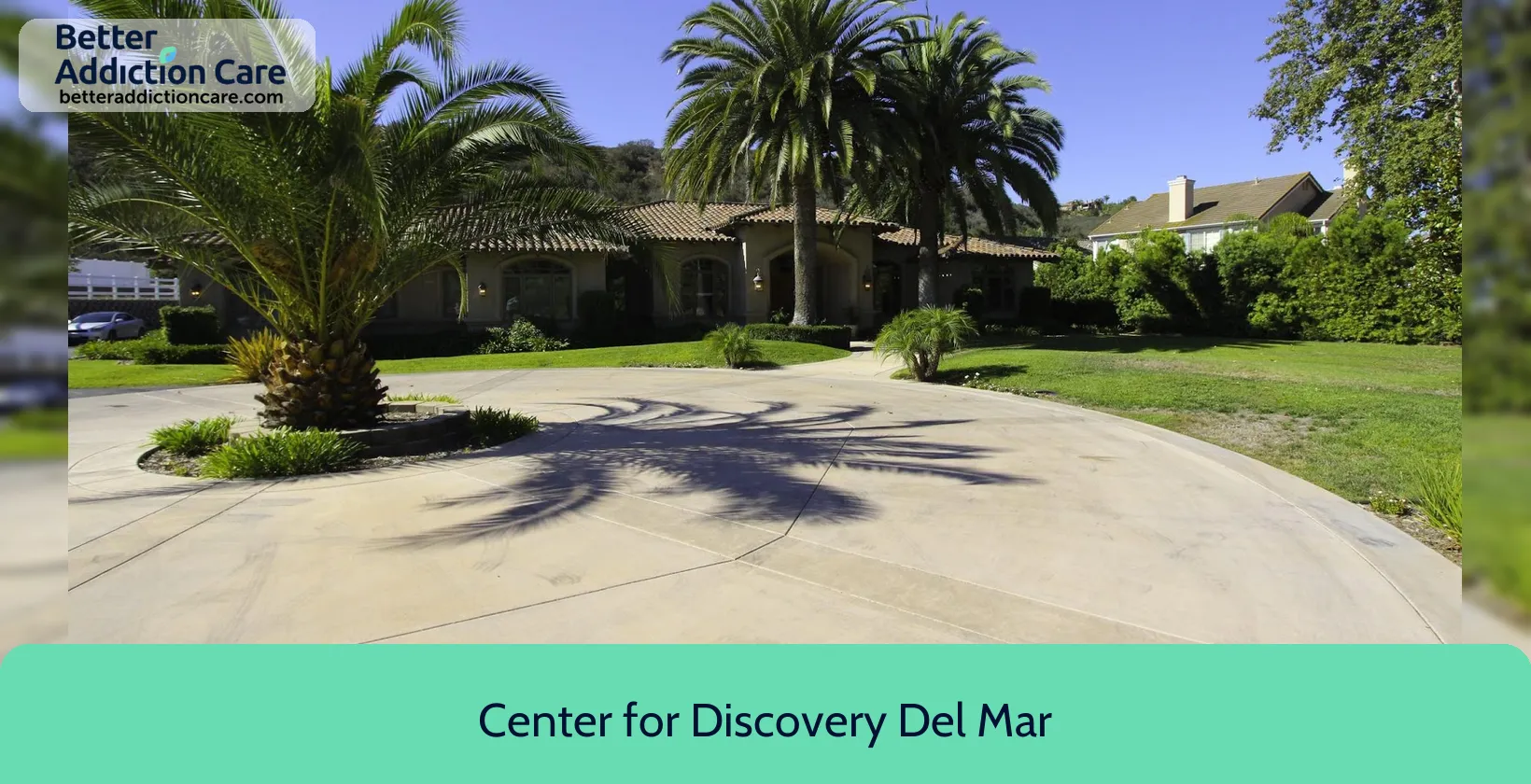
6.56
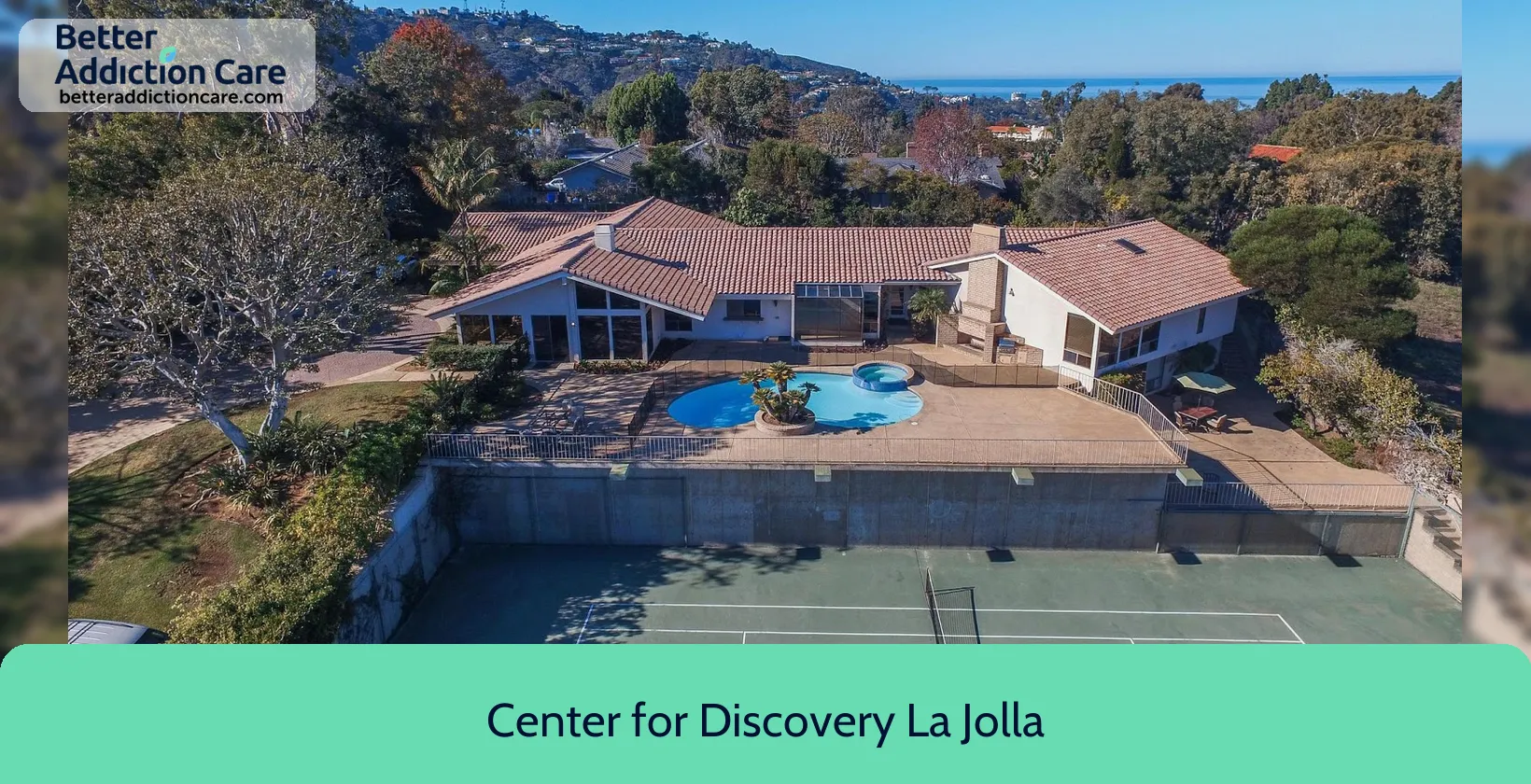
6.62
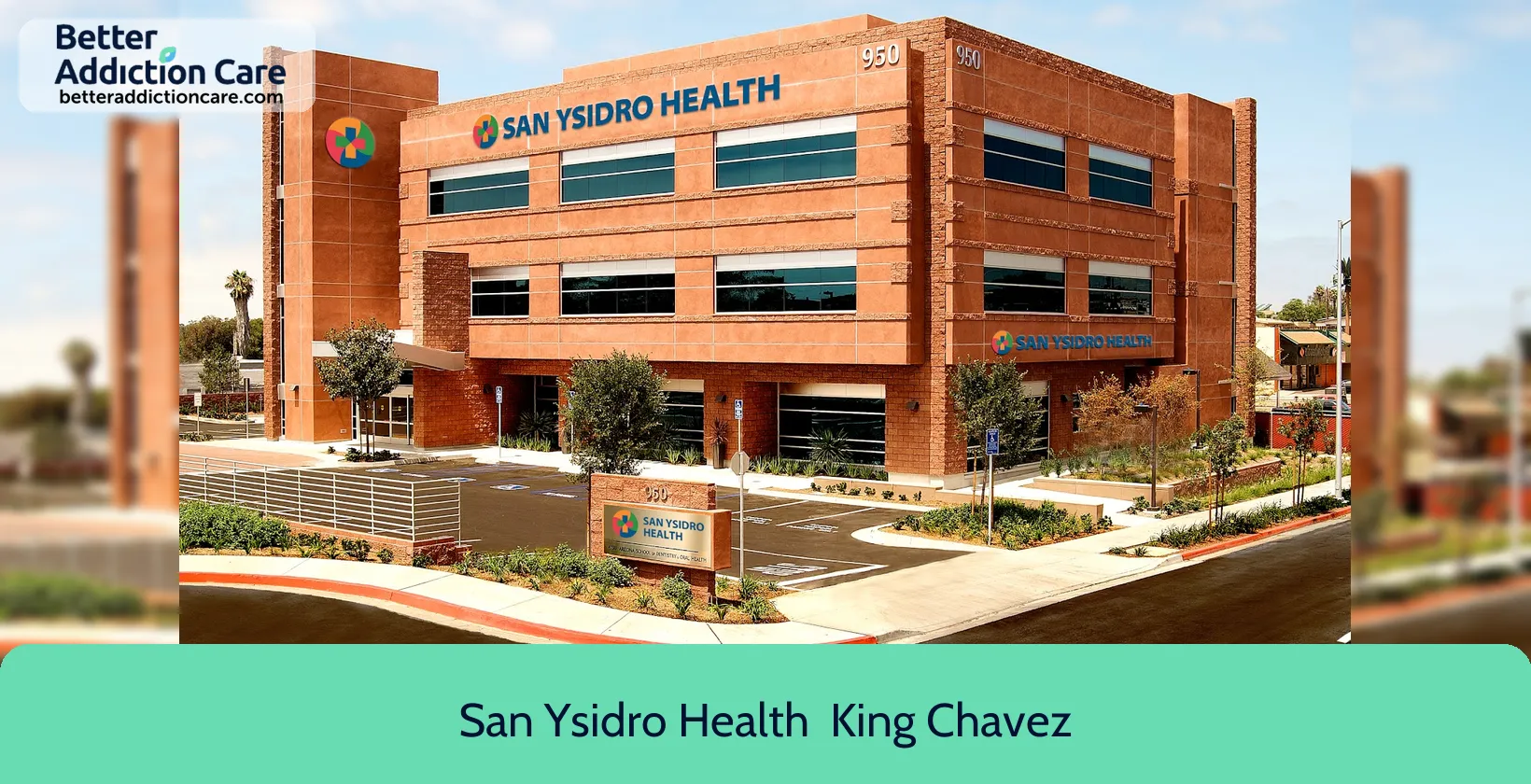
6.71

7.46

6.88

7.26

7.34

6.76

6.83

6.96

7.02

6.74

6.74

6.59

6.65

6.65

6.71

6.68

6.59

6.71

6.53

6.65

6.50

6.58

6.86

6.56
Local Rehabs in California
Common Questions About Rehab in San Diego
Take a look at our FAQ. We've tried to fill it with all the answers you're looking for. And if not, contact us on (888) 349-0436.
Recognizing when your addiction is severe enough to seek treatment can be difficult, but there are clear indicators that it may be time to get help. If your substance use is disrupting your daily life, relationships, or responsibilities, or if you struggle to control or reduce your use despite repeated attempts, these are strong addiction signs that professional support is needed.
While it’s possible to make some initial progress on your own, effective rehabilitation for addiction typically requires professional support. Addiction is a complex condition that involves physical, emotional, and psychological challenges, making it difficult to manage alone. Professional rehab programs provide essential services such as medical supervision to manage withdrawal symptoms, a structured environment to prevent relapse, and therapy to address underlying issues and develop coping strategies.
Admission to a rehab facility typically involves several key steps designed to ensure you receive appropriate care. The process begins with initial contact, where you discuss your needs, insurance, and available treatment options. This is followed by a thorough assessment to evaluate your addiction, medical history, and mental health, which helps determine the most effective treatment for you.
Once your treatment plan is developed, you’ll complete the necessary paperwork, including consent forms and insurance details. After admission, you’ll undergo an orientation to familiarize yourself with the facility’s rules and resources. Finally, you’ll start your treatment program, which includes therapy, medical care, and other therapeutic activities to support your recovery journey.
- Accreditation and licensing of the facility
- Availability of medical detox and evidence-based therapies
- Specialized programs based on patient needs (e.g., dual diagnosis, gender-specific care)
- Insurance acceptance and out-of-pocket costs
- Facility location, amenities, and reviews
The cost of Dual Diagnosis rehab centers in San Diego, California is typically around $20,000.
Inpatient Programs:
- 30-day treatment: $20,000 (range: $10,000 – $30,000)
- 60–90 day treatment: $36,000 (range: $12,000 – $60,000)
Outpatient Programs: Average cost is $5,700 (range: $1,400 – $10,000).
Luxury Centers: Can cost up to $80,000 per month due to enhanced amenities and personalized services.
Pricing depends on treatment type, facility features, and duration of the program.
Dual Diagnosis rehab centers treat both substance abuse and co-occurring mental health disorders, which increases cost due to specialized care:
- Alcohol addiction: Costs increase by 30%, raising a 30-day program to $26,000
- Opioid addiction: Medication-assisted treatment (MAT) raises 60–90 day costs by 45%, totaling $52,200
The cost of Faith-Based rehab centers in San Diego, California is approximately $50,000, representing 72.5% of the standard cost.
The average cost of a 30-day inpatient Faith-Based rehab program in San Diego, California ranges between $45,000 and $55,000, which is slightly lower than the general inpatient average of $56,640.
This reflects a cost reduction of $1,640 to $11,640, or 3–20% less than standard inpatient programs.
Outpatient Faith-Based programs typically cost $1,400 to $10,000 for a 3-month duration.
The cost of LGBTQ+ rehab centers in San Diego, California ranges from $20,000 to $30,000. On average, inpatient treatment ranges from $15,000 to $30,000 per month, while outpatient programs generally cost between $5,000 and $10,000 monthly.
Costs increase by up to 50% for specialized LGBTQ+ care due to tailored services and inclusive environments. For example, if a standard program costs $20,000, a specialized LGBTQ+ program may reach $30,000—a 50% increase.
Costs in areas like California may vary based on the type of substance and level of care. Treatment for opioid use can increase costs by 20–30%, adding $4,000–$6,000 to a $20,000 program. In contrast, treatment for alcohol addiction typically raises costs by 10–15%.
Resources
Substance Abuse Statistics for San Diego
In the San Diego metropolitan area, an annual average of 426,000 individuals (15.3%) aged 12 and older used illicit drugs. Marijuana use was reported at 11.1%. In 2022, 77% of adult males and 75% of adult females arrested in the San Diego region tested positive for at least one substance, with methamphetamine and marijuana being the most common. Fentanyl and opioid use have also been increasing.
The demographic groups with the highest age-adjusted rates of fentanyl-related emergency department visits, hospitalizations, and deaths in San Diego County were males, individuals aged 25-59, and those of Black/African American descent. Additionally, 50% of those who died from fentanyl overdoses had only a high school diploma, followed by 23% who had some college education.
How Many Rehab Facilities Does San Diego Have?
San Diego has rehab facilities to address substance abuse, overdose prevention, and mental health recovery. There are approximately 78 rehab centers spread throughout the city. You may find various services, including detox programs, inpatient and outpatient treatments, counseling, and holistic therapies, all designed to help individuals achieve long-term recovery and build a healthy, sustainable lifestyle.
Approximately 50 San Diego substance abuse rehab facilities accept Medicaid, 44 facilities accept Medicare, and about 78 rehab centers work with private insurance companies.
How Much Do Rehab Facilities in San Diego Cost?
The cost of drug and alcohol rehab in San Diego can vary significantly based on several factors, including the type of treatment, length of stay, and amenities provided. While there is no specific data for the city of San Diego, we can make estimations based on the information available about rehab facilities in California. For example, the average cost of rehab in California is $56.654. Below, you can find the costs of inpatient and outpatient services :
Inpatient rehab facilities:
-
$629.49 per day without insurance coverage
-
$251.80 per day with 60% insurance coverage
-
$125.90 per day with 80% insurance coverage
Outpatient rehab facilities:
-
$56.76 per day without insurance coverage
-
$22.70 per day with 60% insurance coverage
-
$11.35 per day with 80% insurance coverage
However, to get an accurate estimate of the cost of rehab, you should contact the rehab facility you’re considering and ask for a detailed breakdown of costs for different treatment modalities, insurance coverage, and out-of-pocket expenses.
Types of Rehab Facilities in San Diego
San Diego offers facilities according to the diverse needs of individuals seeking help for substance use disorders and mental health issues, from intensive inpatient centers to more flexible outpatient programs, including luxury options for those seeking premium services and free rehab centers for those in need. Below, you can find each type with characteristic features:
|
Inpatient rehab centers |
Free or Low-cost rehab centers |
|||
FEATURES |
Residential program |
Schedule according to work, school, or other |
Comfortable accommodations |
Basic treatment |
|
Continuous monitoring |
Day programs (partial hospitalization) |
Holistic activities |
Detoxification programs (limited based on availability) |
|
|
Therapy sessions |
Counseling |
Individualized treatment |
Community support |
|
|
Intensive care |
Therapy sessions |
Gourmet food |
Government involvement |
San Diego Rehab Insurance
When fighting addiction, it’s important to know that not all insurance plans cover addiction treatment. Therefore, understanding how rehab insurance works becomes crucial. The level of coverage varies by provider and plan, but there are key services that are generally included.
These services typically cover screening and assessment to diagnose substance use disorders and determine the appropriate care level. Inpatient and outpatient treatment should also be available, offering intensive residential care or outpatient appointments for those living at home.
Most plans provide detoxification services, which help safely remove substances from the body. Additionally, medication-assisted treatment for managing withdrawal symptoms, along with aftercare and relapse prevention programs, are often included to ensure long-term recovery.
Here’s a general list of common insurance providers and plans that rehab centers in the area may accept:
-
Aetna
-
Blue Cross Blue Shield (BCBS)
-
Cigna
-
UnitedHealthcare
-
Humana
-
Optum
-
Kaiser Permanente
-
Medicaid
-
Medicare
-
Health Net
-
Sharp Health Plan
We recommend that you contact the rehab facility directly to check insurance coverage. Before you choose a rehab facility, verify your insurance plan’s benefits and check for in-network providers.
Choosing the Right Rehab Center in San Diego
Sometimes, finding the right drug and alcohol rehab facility to help you stay sober can be challenging. That is why the following tips can come in handy to help you choose the right rehab center for you:
-
Begin by determining your specific needs, such as inpatient or outpatient rehab services, detox services, or therapy for co-occurring disorders.
-
Use search engines with terms like “drug rehab centers near me” or “alcohol rehab centers nearby” to find local options.
-
Ask for recommendations from your counselor or a sponsor from Narcotics Anonymous (NA) or Alcoholics Anonymous (AA) for trustworthy facilities.
-
Ensure the centers are accredited and licensed by the Joint Commission of Accreditation or Commission on Accreditation of Rehabilitation Facilities (CARF).
-
Look for programs that offer evidence-based treatments, like cognitive-behavioral therapy (CBT) and medication-assisted treatment (MAT).
-
Check your insurance coverage or payment options and confirm if the facility accepts your insurance or offers payment plans.
-
Read reviews and ask for recommendations from others who have been through similar processes.
-
Reach out to and visit the facilities to assess the environment and staff firsthand.
Ultimately, you should trust your intuition to select a facility where you feel safe and supported, as this will significantly influence your recovery process.
Explore the Best San Diego Rehabs
Rehab can be a difficult path for anyone struggling with drug addiction, and choosing the right rehab center is essential for a successful recovery. In San Diego, it's important to understand the various types of facilities to find one that matches your specific needs and preferences.
Consider factors such as how the facility integrates with your family and social life, as well as the level of support you require. Beyond just checking accreditations and licensing, review patient feedback and seek recommendations. This thorough approach will help you find a rehab center in San Diego that best supports your recovery journey.


